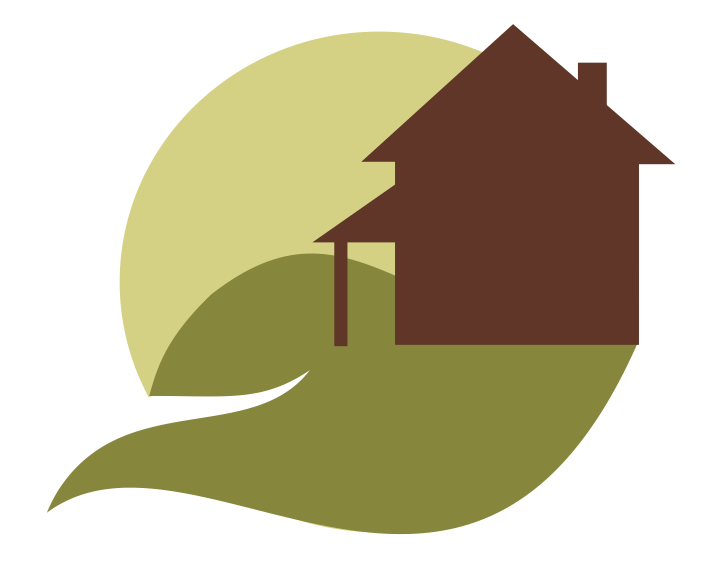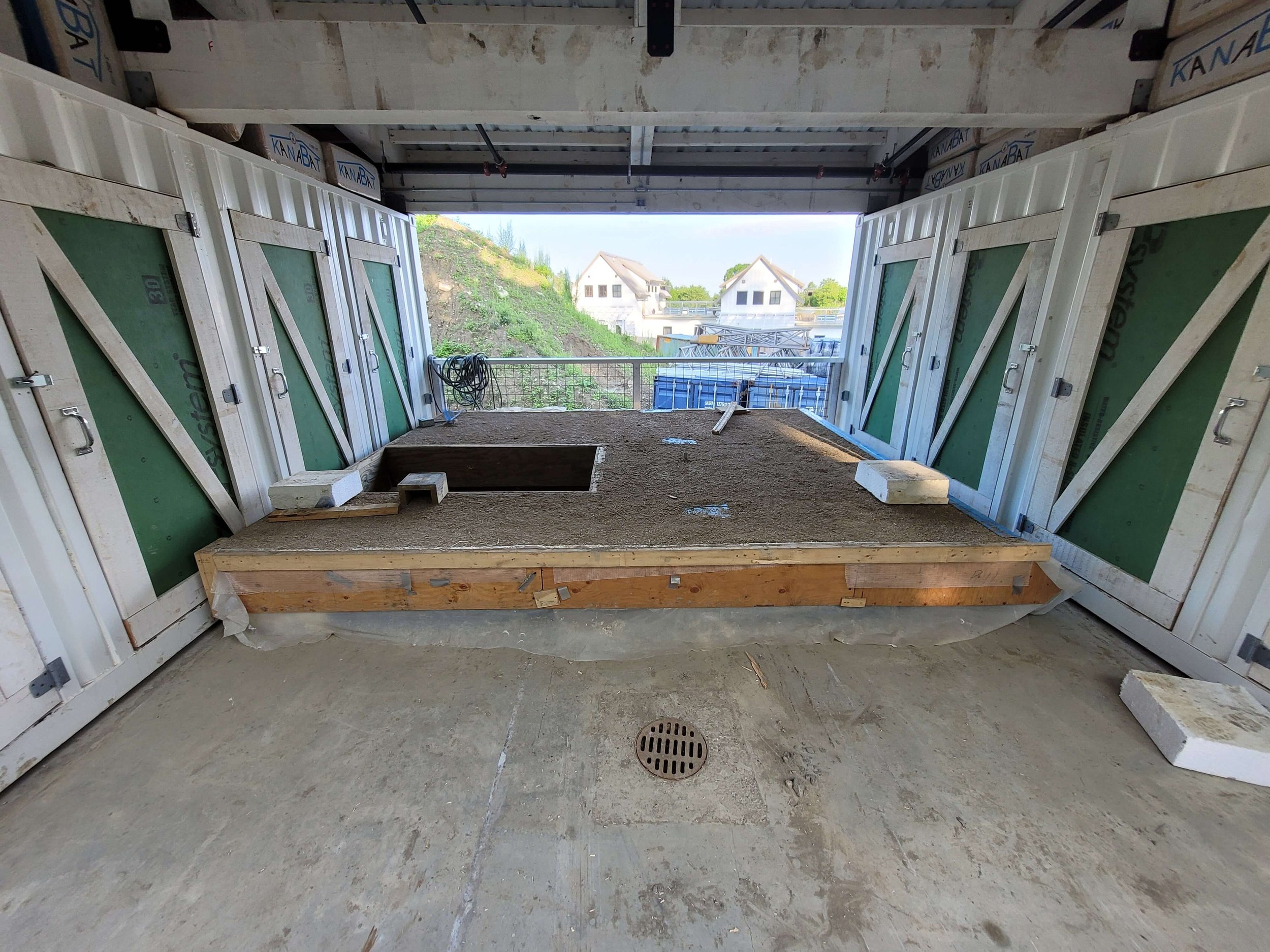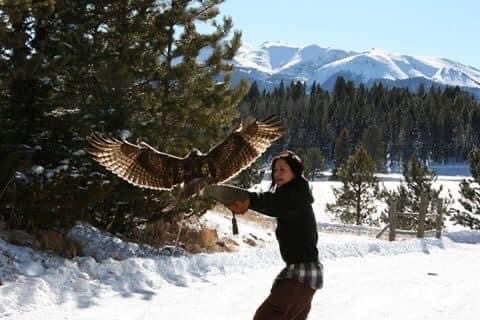Resident Spotlight: Caren Tackett, Licensed Falconer!
/Written by Sadie Woodward
If you’re new to the Hillside newsletter, welcome! Here, you can find out about the latest projects going on at Hillside, various sustainable features of the community, and progress updates.
Caren Tackett, Licensed Falconer
In this newsletter we’ll be introducing Caren Tackett, licensed falconer! She is currently working towards a general wildlife rehabilitation license. She is also wife to Jeremy, our resident Director of Sustainable Agriculture, who we’ve featured in the past.
Caren, like Jeremy, is wholly passionate about what she does. She believes in connecting with the world around us, and understanding how to interact with nature and wildlife.
Since she was young she felt a calling towards large birds, but didn’t realize one could actually work with them. “I dreamed of having that feeling, of a hawk grasping my wrist, and I thought, ‘has anyone ever done that for real?’”
Raptor conservation is important to any ecosystem in which they are naturally found.
Raptors, like hawks, owls, eagles, and vultures are apex predators. Even though they are strong hunters at the top of the food chain in New England, many factors cause harm to these populations.
Rodent poison is one of the most common dangers to these birds, as well as lack of habitat. Natural factors include disease, and full-grown raptors harming the young of other large birds in order to obtain food.
“Falconry gets lumped into a misunderstood box, because you have to get a hunting license…and you’re taking your hawk to hunt things.” This field includes those that see the practice as a way to generate competition with other falconers, and they focus on how well their bird hunts compared to other birds.
But Caren’s experience focuses on the well-being of the raptors she works with. “You have to have a sponsor as an apprentice that will commit to working with you for several years.” This person guides you through the process of becoming a licensed falconer. “The people I worked with were very conservation-minded, which is probably why the rehabilitation piece interests me so much.”
Caren has learned that hawks and other raptors are at their most vulnerable in their first year of life, and to keep their populations at healthy levels these birds must learn to hunt. This is where falconers come in.
For one to two years, the young birds are protected from stronger raptors, disease, and negative human impacts, while gaining the strength they need to survive on their own. Then they are released, and with their naturally keen memory of their habitat combined with their newfound strength and hunting abilities, they have a much better chance of living full, happy lives in the wild.
Caren and David Hall want to bring wildlife rehabilitation to Hillside!
However, the mantra with wildlife on site is “go slow to go fast.” When building structures meant for humans, it’s easier to stick to a schedule and make adjustments if needed.
Wildlife habitats like hives, coops, and other structures must stay where they are placed. Moving their homes around and having continuous construction nearby can impact their quality of life. The current plan is to wait until more permanent arrangements can be made for wildlife rehabilitation. Stay tuned for updates!
Both Caren and Jeremy demonstrate what it means to do what you love, and to put your heart and soul into your work. They believe that working in the environment that surrounds us, and learning the wisdom of past generations, is important for our well-being as humans. They believe in keeping these practices alive, and ensuring that future generations have access to this knowledge and continue to be stewards of the land.
Caren and Jeremy Tackett





